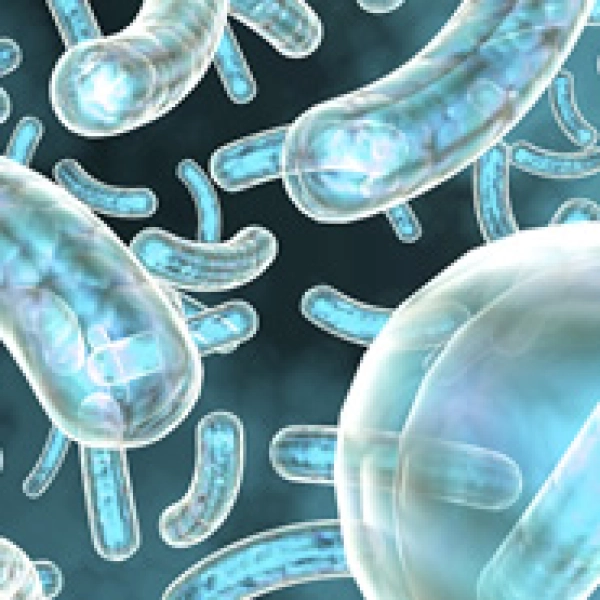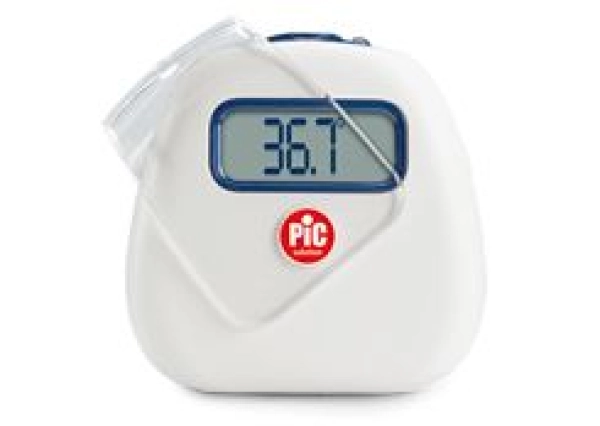

Here are 5 useful suggestions for managing a fever naturally. These solutions can offer relief, but they are not a replacement for a doctor's advice, especially in case of persistent fever or fever accompanied by other symptoms.
When you have a fever you sweat and lose liquids and mineral salts. Drinking a glass of water every hour, which amounts to about 2 litres per day, can help manage a fever. This provides proper hydration and helps reduce side effects like headaches, fatigue and muscle pain.
If you have a high fever, placing a cold compress on your forehead or taking a lukewarm shower will help bring down your body temperature. Coming into contact with something cold allows your body to exchange heat with the outside: it is one of the main laws of nature. However, this treatment is not definitive and will only bring your temperature down for a few hours. Do not exaggerate: prolonged contact with a compress that is too cold or with ice can cause a sudden temperature change and be counterproductive, causing you to shiver more and triggering muscle contractions.
Fever is one of the body's defence mechanisms, but inadequate clothing can make the situation worse. Dressing in layers allows you to adjust your body temperature based on how you feel. This is especially important in children. Avoid covering children with too much clothing. Multiple thin layers are preferable to a single heavy layer of clothing.In addition, wearing lightweight, breathable clothing and keeping the room fresh and well-ventilated helps disperse heat.
This is the right way to restore your strength and help you recover. When you have a high fever, your body is under increased stress as it fights the infection. Consider this, for every degree above normal body temperature your body consumes 12% more calories than it would on a normal day. Sit in a chair or lie down in bed, keep the room warm but well-ventilated and with sufficient moisture and do not exert yourself: rest is good for you!
When we have a fever, the last thing on our mind is food. Fatigue leads us to neglect food, but that is a mistake. A balanced diet, with a lot of fruit, vegetables and probiotics, can make the difference by strengthening our immune system and restoring our energy levels.
Foods like yoghurt, cabbage, soy beans and sauerkraut contain the good bacteria that naturally colonise our intestine. Eating these foods is beneficial for the digestive system, which is crucial for our well-being. Do not forget to add soup and fruit with a lot of vitamin C, such as kiwis and oranges: these support the immune system and can help the healing process.






